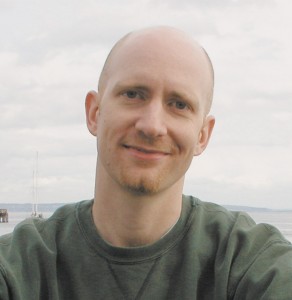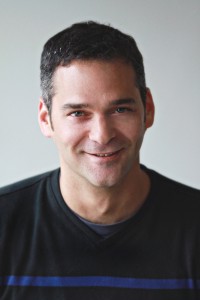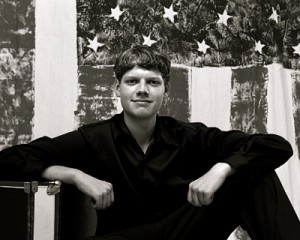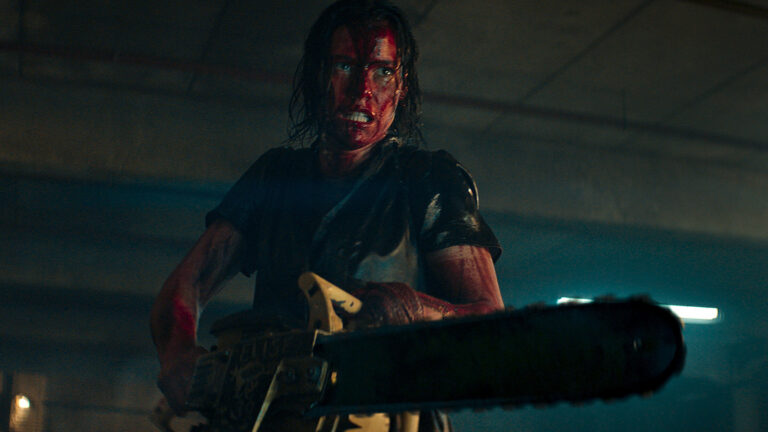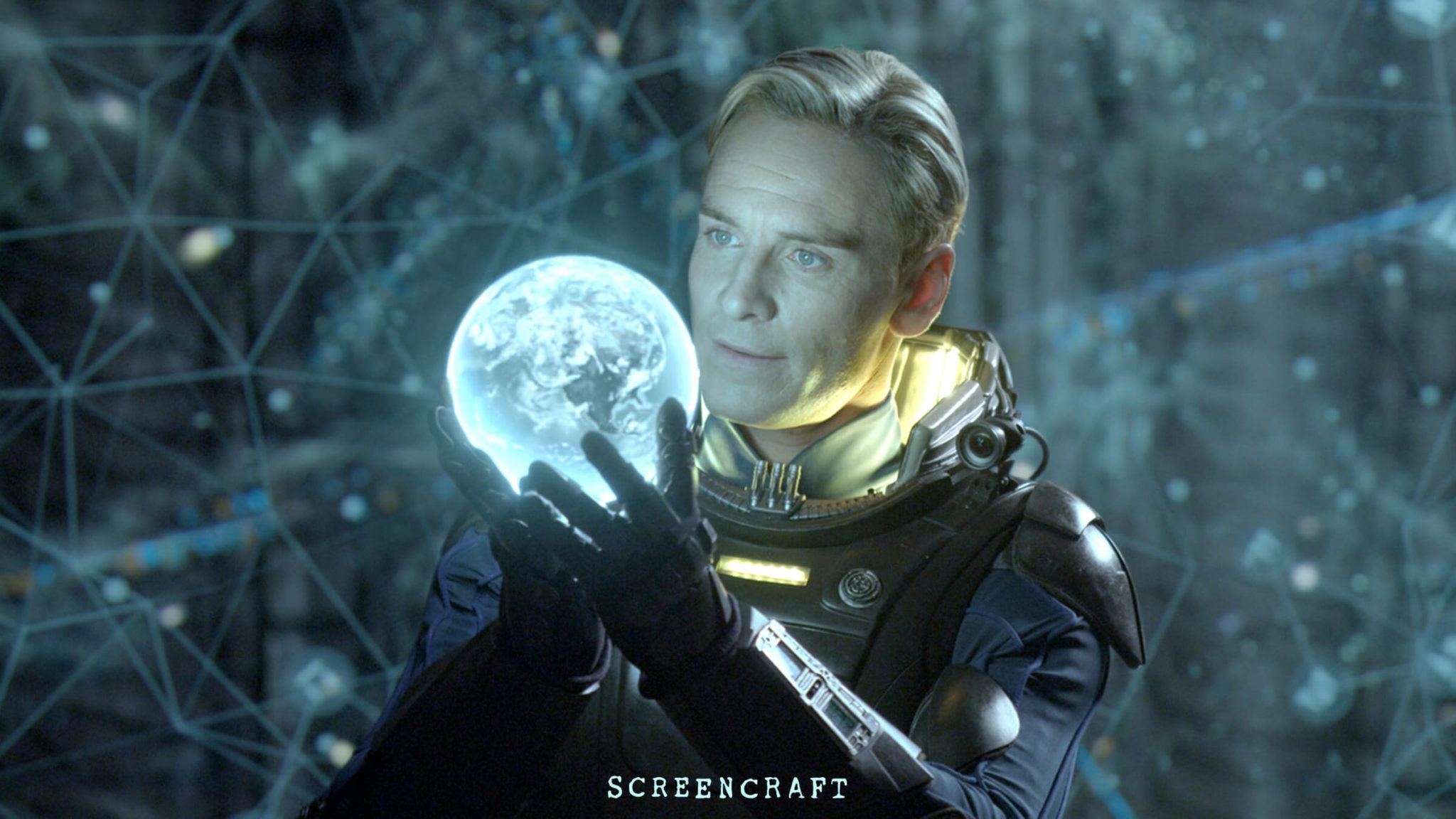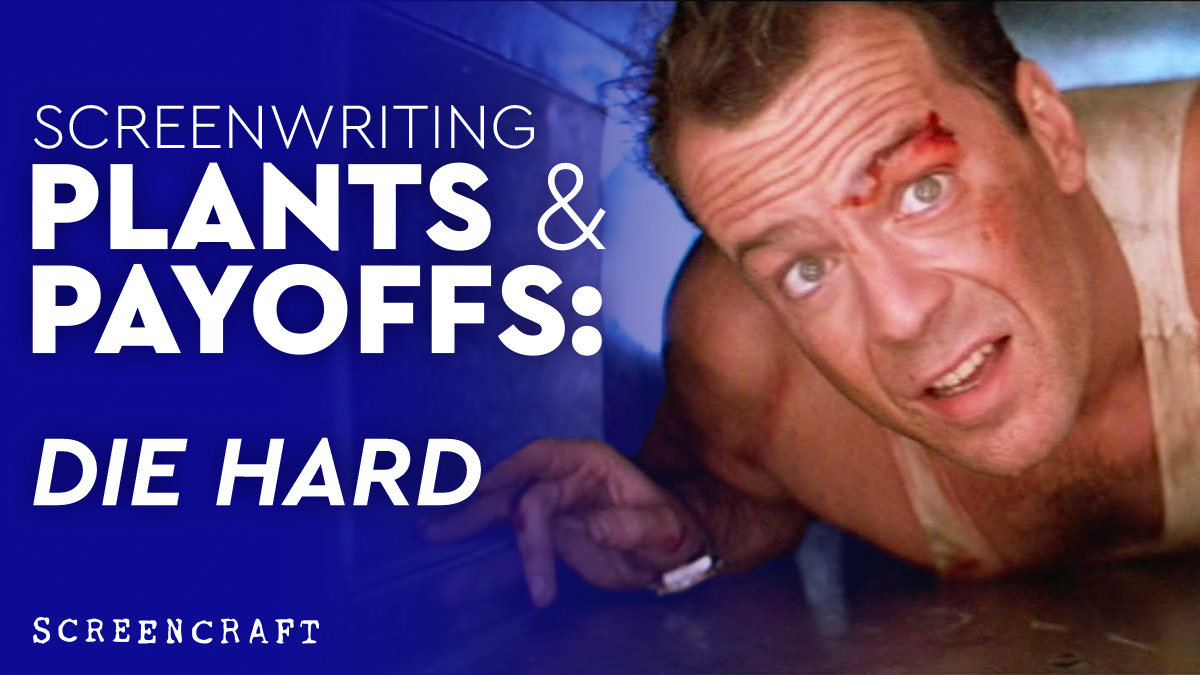
An eclectic group of scripts and writers made up the top ten finalists of our 2013 Comedy Screenplay Contest, and six of those finalists took the time to talk about their scripts, writing processes and influences. Read on for some interesting and very entertaining insights, and thanks again to all who submitted.
1. What is your script about and what inspired you to write it?
Brent Hartinger: DEAD ENDERS is the story of a man who hates life and a woman who hates people. They both have near-death experiences and discover how great heaven is, and they desperately want to go back. But they also learn that if they commit suicide, they'll go to hell. So they come up with a plan together to live life as dangerously as possible, in order to "accidentally" return to heaven. But accidentally killing yourself turns out to be a lot more difficult than they thought. But the real complication is when they start to fall in love.
My inspiration? Well, everyone says that romantic comedies are dead, and I totally agree. The genre has gotten really, really tired. So how about a "black" romantic comedy? That's what I was thinking when I got the idea.
Hamilton Mitchell: GAME CRUSH is about a tech college grad who discovers that his first love is going to marry his step dad. My nephew is a tech college grad who actually landed the job at EA Games every kid dreams of, which is in the script. I wrote it for the upcoming documentaries and nostalgia for video games.
Mark Simborg: THE REPLACEMENT is about a middle-aged married guy, unhappily married with two teenaged kids, who decides to swap himself out of his own life when his identical twin brother, just released from 10 years in prison, shows up to visit.
By the time anything starts happening with a script I’m usually a little fuzzy about what inspired the initial idea, but I’m pretty sure that this one was inspired by a really bad day I was having, and I got to thinking, “Hm, wouldn’t it be nice to quietly slip out of my life, free of repercussions, with a decent amount of money, and without emotionally injuring anyone?” And then I started thinking about what kind of scenario could make that possible and it snowballed from there.
Josh Berman: On the surface, my script is basically a comedy about a guy who always wanted to be an "action hero" discovering firsthand how insane that lifestyle is, and a girl realizing the "hero" she wanted all along was simply someone who valued her as a unique individual. The script was actually pretty personal for me. Most of the inspiration came from my own life---I basically am Ted (minus the tax agency work). I grew up watching nothing but Die Hard, The Terminator, Roadhouse; basically all those macho action films where the lead hero was so badass, that constant chaotic death and destruction around him is so typical that he's able to crack a joke while blowing a guy's brains out. As I got older, I realized this was kind of an absurd depiction of real life, and yet still, Lieutenant Riggs had been somehow hardwired into every guy's brain as the ultimate ideal to strive for. I always thought it would be funny to see what would happen if myself or any of my friends were actually put into a life or death situation. I somehow don't imagine we would keep our cool as well as John McClane.
2. How long have you been a screenwriter and do you have a specific writing process?
Brent Hartinger: For the last 15 years, I've made my living writing novels, plays, and screenplays. I've had a number of screen projects optioned, and a movie based on my first novel, Geography Club, was just released in selected theaters and on VOD last weekend. Meanwhile, a movie based on my latest screenplay, The Starfish Scream, will soon go into pre-production -- I hope! -- for a spring filming.
As for my process, that's mostly a question of just getting my butt in the chair. Then, once the ball is rolling, I usually just write until I drop. Lather, rinse, repeat.
3. What's the most important thing you've learned since you began writing?
Brent Hartinger: Well, depressingly, I think it's much more about contacts and access than it is about talent. And it's also really, really important to understand the business.
That said, once you get that rare break, you either need to deliver, or be a great bullshit artist. In other words, talent does count, and authenticity does too.
Basically, I've come to the conclusion that there are only two ways that movies ever get made: (1) Write something that everyone thinks will make them a lot of money, but that's easier said than done because trends are constantly shifting, and no one knows anything anyway. (2) Write something that at least one person loves so much that they'll keeping working on it even after everyone tells them they won't make any money.
Basically, go with your head or go with your heart. But going with my head hasn't really worked for me. I've honestly tried selling out, but it's so much harder than they make it sound! For my anyway, my "sell out" projects never seem to go anywhere. It's the projects I've poured my heart and soul into that end up attracting any attention.
I've also found it's really helpful to work in different mediums. Plays and novels and screenplays are all different mediums, but they're also all stories. And I feel like I've learned so much by looking at "story" from all these different angles.
4. Who and/or what are some of your key influences?
Brent Hartinger: Well, my favorite movies are Harold & Maude, The Silence of the Lambs, The Purple Rose of Cairo, The Lord of the Rings, Casablanca, and Aliens, and I love a good, old-fashioned B-movie storytelling like Jeepers Creepers and Pitch Black.
But I also believe you can learn just as much from failed projects as you can from great ones. I think Prometheus was one of the shittiest movies of the last 20 years -- just a complete failure on almost every level -- and I've spent hours trying to figure out why.
Hamilton Mitchell: Too many to name, but The Farrelly Brothers, Judd Apatow, Will Ferrell... the giants of laughing comedy.
Mark Simborg: Joseph Campbell, haha. No…actually Woody Allen is one of my all-time heroes as an artist. Of my top ten comedies, probably half are by him. He also has a really sane attitude towards his work. He just does it and puts it out there, knowing full well it may suck (and a few of his movies have sucked, but not many) and then he forgets about it and moves on to the next project. As screenwriters, I think we would do very well to follow his lead. Besides him, I’m a huge fan of Harold Ramis and pretty much everything he’s been involved in.
Josh Berman: I've got a bizarre list of influences. I've seen everything Tarantino, Apatow, and David O'Russell have ever done. And even though their genres are dramatically different, the dialog is always fresh, and I'm always sucked in. But then, I like a lot of the cheesy John Woo films. And the weird-ass Charlie Kaufman stuff. It's hard to pin down one singular influence. I like filmmakers who have their own unique style, a stamp they put on their work.
Thomas Radovich: How can any comedian not be influenced by Mel Brooks? When you feel like you've hit a creative wall, just pop in Spaceballs, Young Frankenstein, Blazing Saddles, or any of his works. I also like John Hughes, Sam Raimi, and all the Mystery Science Theater 3000 writers. When it comes to the craft of screenwriting, I follow John August (Frankenweenie, Big Fish). His screenplays flow so well, that it feels like 90 pages have gone by in a flash.
Ryan Peek: Influences on my writing can be found in the works of Zucker/Abrahams/Zucker, the Farrelly Brothers, Coen Brothers, and Judd Apatow among others. Comedic inspiration often comes when you least expect it, too. Usually, it’s a byproduct of being a good listener.
5. What other projects do you have or are you working on?
Brent Hartinger: I have a sci-fi thriller called CLOUDKILL, about the world's first "space elevator" and a mysterious, angel-like predator that lives in the clouds. I have a new puzzle box thriller I love called GRAND & HUMBLE, about the most popular kid in school and the least popular, and the mystery of how their lives intertwine at the corner of one downtown street. And I have a comic teen caper called PROJECT SWEET LIFE, about three 15-year-olds whose parents insist they get summer jobs, so they invent fake jokes, then embark on a series of get-rich-quick schemes to make they money they should be making from hard work.
It's all here, along with all my novels: www.brenthartinger.com
Hamilton Mitchell: Teen Jesus. Redd Herring. Model Citizens.
Mark Simborg: I have two sitcom pilots currently being circulated by established LA producers. One of them, SYCAMORE PARK, was a finalist in the TrackingB TV competition back in March. Earlier this year I optioned a romantic comedy to an independent producer (I have no idea what’s happening with it). I also have a dramedy called FINDING YESTERDAY that Penelope Spheeris (“Wayne’s World”) is attached to direct, and a genre-bending romance/dark comedy/drama that Clare Kilner (“The Wedding Date,” “How to Deal”) is attached to direct. Clare and I are also planning to turn another sitcom pilot of mine, THE LAND OF A, into a web series.
Beyond that I have a long list of feature-length projects that I want to do. The one I’m working on now is called CHASING THE SWILL, and it’s about three guys who go in search of a legendary and perhaps mythical beer that is supposed to be the best tasting beer in the world. Quite sadly, that one could be based on my own life.
Josh Berman: I'm directing a short film this December, and I'm developing a web series with some guys right now that draws from a lot of the same humor as Burning Love (I won't tell you what reality show we're mocking...yet). Just wacky, fun stuff. And, of course, I'm always looking for an agent or some other means of selling one of my features (I've written several) so I can replace my moldy couch with something a little less gross.
Thomas Radovich: Right now, I'm producing a movie about Elvis Presley in high school called Nobody. We're shooting in Memphis at Elvis' actual high school and Sun Studio! Writing-wise, I've just finished a Thriller/Comedy/Sports spec script and am now working on a Family Christmas screenplay.
Ryan Peek: I have written several screenplays that have finished in the finals in a number of large competitions. In addition to the drama that made the semi-finals in the Nicholl Fellowships, I have three comedies (not including Brother Against Brother) that have placed in the top 10 in the American Screenwriting Competition. Most notably, in three consecutive years, three different scripts placed 7th, 7th, and 4th out of 2,000 entries. I have a few ideas for new scripts that I’m excited about, but I am currently working on a Young Adult science fiction book series. It occurs to me that the Young Adult genre could really use a hybrid vampire/wizard protagonist who has killer abs and wields a wicked bow and arrow. It will make one hell of a movie.
Tags
Get Our Screenwriting Newsletter!
Get weekly writing inspiration delivered to your inbox - including industry news, popular articles, and more!

